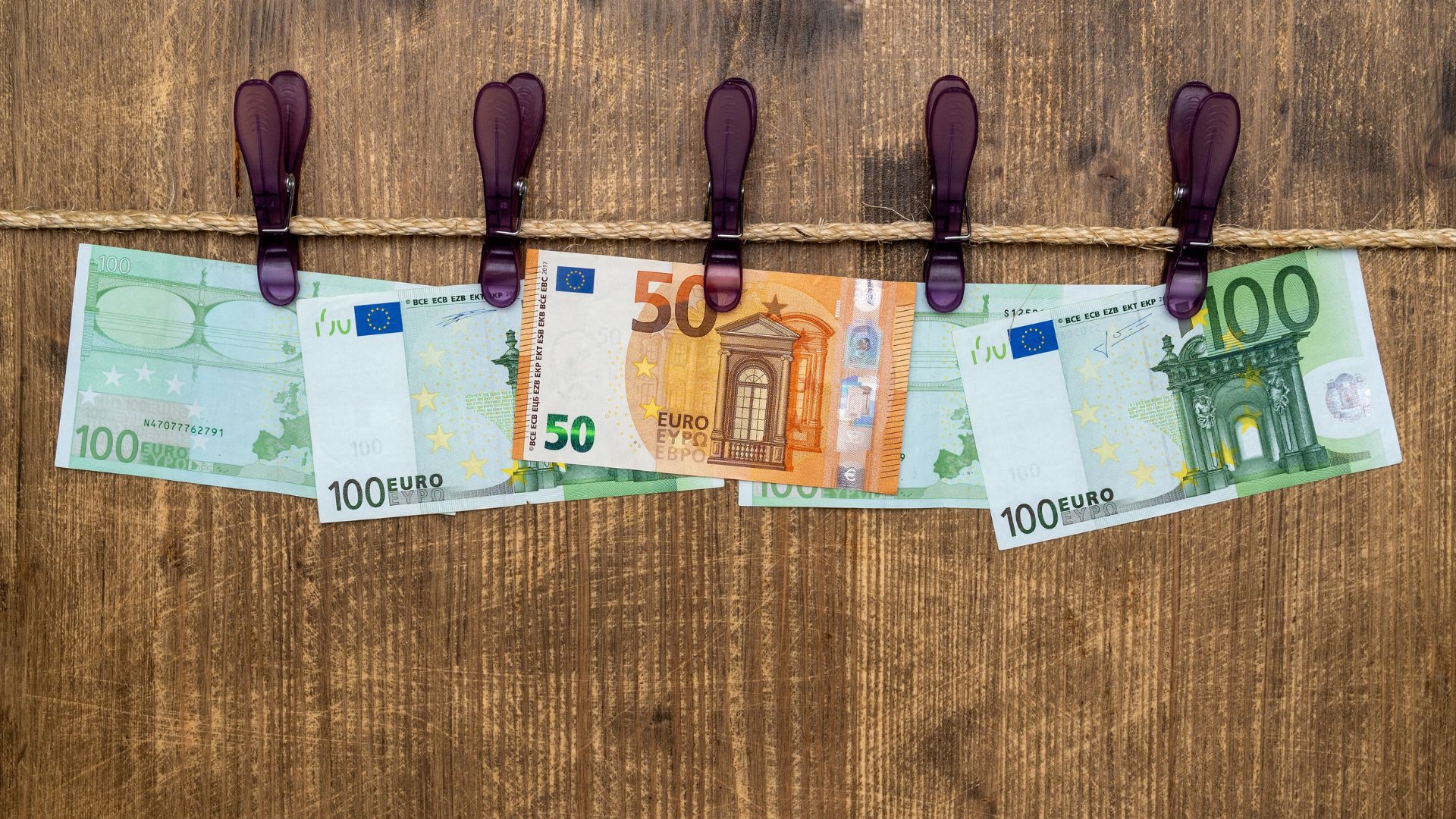EGBA Welcomes Confirmation of Frankfurt as Seat of New EU Anti-Money Laundering Authority
23.02.2024
The establishment of AMLA is a fundamental part of the ongoing reform of the EU’s anti-money laundering framework.
Brussels, 23 February 2024 – The European Gaming and Betting Association (EGBA), the association representing Europe’s leading gambling operators, welcomes the recent confirmation of Frankfurt as the seat of the new European Anti-Money Laundering Authority (AMLA). This agreement, reached by the EU institutions, creates a European anti-money laundering authority which will operate together with, and in addition to, the already existing national anti-money laundering (AML) authorities of the EU member states.
AMLA, which will commence operations in mid-2025 with over 400 staff members, will possess both direct and indirect supervisory powers over obligated entities, including the EU’s biggest financial institutions. With the power to intervene in cross-border cases, AMLA is expected to provide comprehensive guidance that further harmonises AML rules and their application, including creating a standardised reporting template for Suspicious Transaction Reports (STRs), which will greatly benefit various sectors, including gambling, by standardising reporting formats across EU countries.
The establishment of AMLA as a new authority is a fundamental part of the ongoing reform of the EU’s anti-money laundering framework, which is expected to be finalised and agreed by the EU institutions before the end of the current EU mandate in June 2024.
As the EU finalises the new AML legislative package, EGBA has developed industry-specific guidelines on anti-money laundering to help online gambling operators comply with the AML rules in the EU, including the upcoming EU AML Regulation. Developed collaboratively with our members, the guidelines offer a risk-based approach and include practical direction for operators in areas such as risk assessments, customer due diligence processes, suspicious transaction reporting, and record-keeping.
To ensure the effectiveness of the guidelines, EGBA members will engage in regular discussions on their implementation and are obliged to submit annual reports to EGBA summarising their progress. To promote transparency and accountability, these regular discussions and reporting will help to identify and address potential issues or areas for improvement in the guidelines and ensure they remain up to date with the latest developments. Other operators are invited to adopt the guidelines and participate in the reporting requirements.
“We welcome Frankfurt as the chosen seat of the new European Anti-Money Laundering Authority. Given the city’s position as the centre of European finance, it is a logical choice. We look forward to collaborating with AMLA to ensure the representation of the gambling sector’s voice in future EU-level AML discussions and help contribute positively to the fight against money laundering. The standardisation of STRs will really benefit gambling operators, particularly those who operate in many countries, because there are currently many different reporting formats across EU member states. By implementing our AML guidelines, operators can also already be well positioned for the EU’s incoming AML rules and play their part in raising standards across the industry.” – Dr. Ekaterina Hartmann, Director of Legal and Regulatory Affairs, EGBA.
– ENDS –
About EGBA
The European Gaming and Betting Association (EGBA) is the Brussels-based trade association representing the leading online gambling operators established, licensed, and regulated within the EU, including bet365, Betsson Group, Entain, Flutter, Kindred Group, and 888 William Hill, while Aircash is an associate member. EGBA works together with national and EU authorities and other stakeholders towards a well-regulated and well-channelled online gambling market which provides a high level of consumer protection and takes account of the realities of the internet and online consumer demand. EGBA members meet the highest regulatory standards and together possess 267 online gambling licenses to serve 31.2 million customers across 22 different European countries. They represent approximately one-third of Europe’s online gambling gross gaming revenue (GGR).

